
A Cost-Effective Clean Water Solution from St Andrews
Water quality problems currently affect nearly a billion people. The integrity of both water quality and delivery networks are crucial in addressing these issues.

Water quality problems currently affect nearly a billion people. The integrity of both water quality and delivery networks are crucial in addressing these issues.
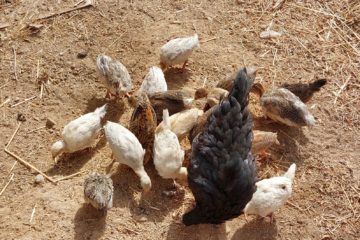
Guinea fowl are crucial to the food supply chain of Africa, and researchers are helping to improving the stability of guinea fowl farming as a source of income and nutrition.

The HBSC, led by researchers from the School of Medicine, has been critical to understanding and reducing the risks to adolescent health.
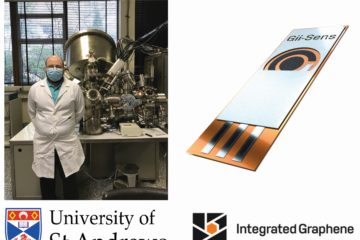
The University's collaboration with Integrated Graphene has significant implications for the future of medical wearables.

Dr Claudia Kreklau's research explores how climate change-induced famine shifted the diets of Central Europe in the early to mid-19th century, leading to political unrest in an already-changing society.

Few dispute the fact that smoking tobacco is linked to lung cancer and other health issues. It takes a few decades but eventually smoking will kill half of its habitual users, estimated globally to be 7.7 million…
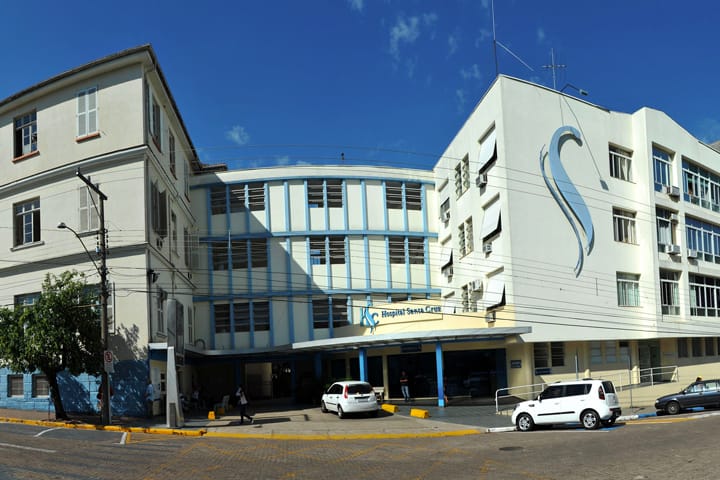
Inferences from A&E data for resource optimisation in Brazilian hospitals Dr Juliana Bowles, Dr Sandra Quickert, Dr Ricardo Czekster & Dr Thais Webber School of Computer Science & University of Santa Cruz do Sul,…
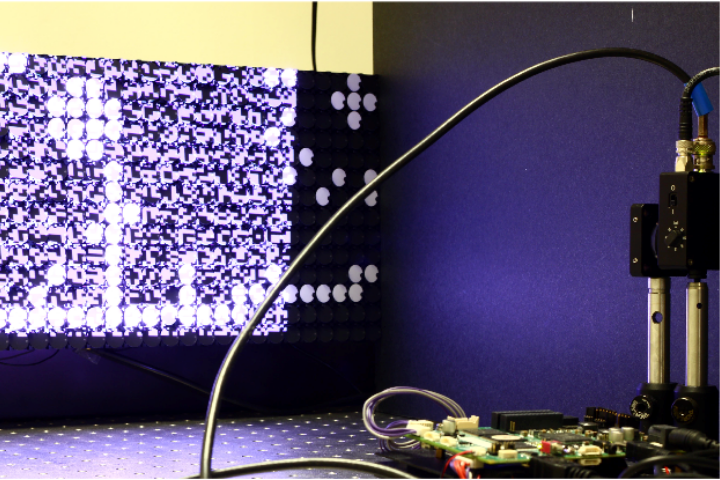
Dr Michael Mazilu School of Physics & Astronomy An image is worth a thousand words. This statement holds not only true in every day life but even more so in science.
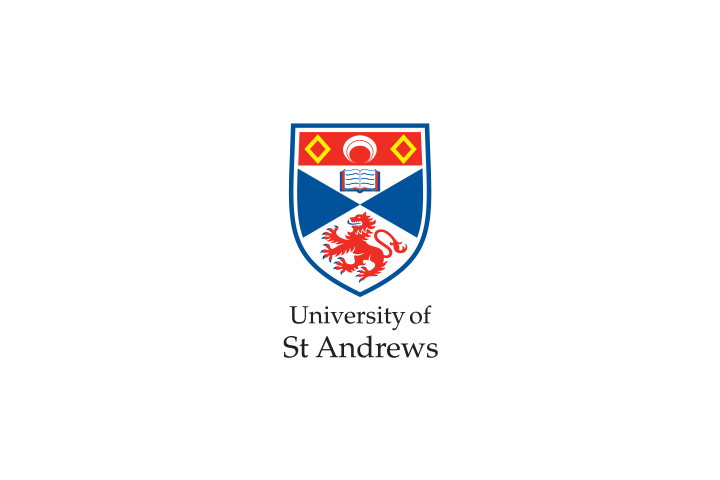
Adolescents make up about one sixth of the world’s population, so policy and practice that improves the lives of young people is hugely beneficial now and for the future. In the current economic climate, most countries…

Fear of recurrence is a major concern for many cancer patients, as highlighted in a major review by Professor Gerald Humphris and Dr Gozde Ozakinci of the School of Medicine.